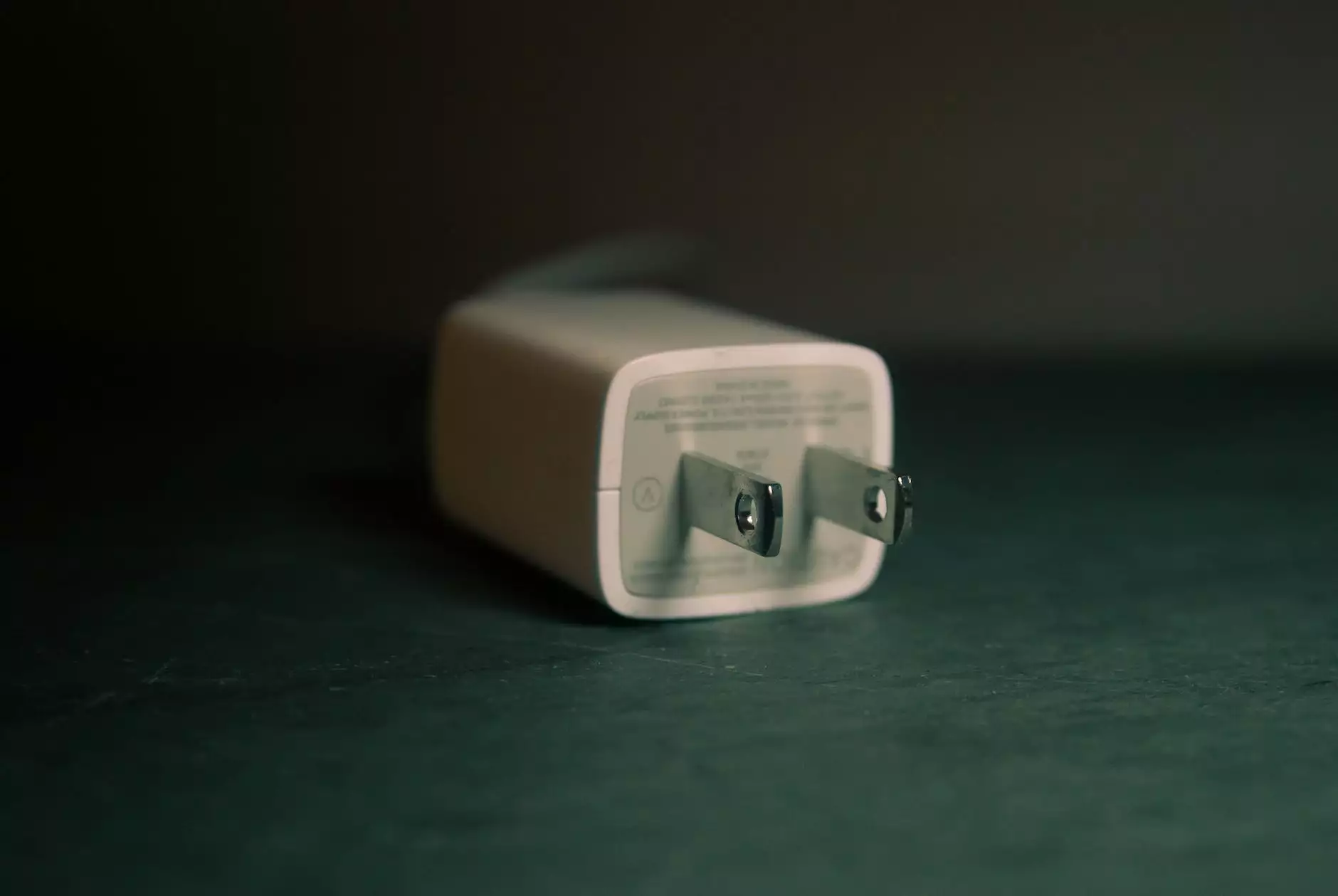Understanding AC Maintenance in Williamson County

Air conditioning units play a vital role in ensuring comfort in homes and businesses, particularly in regions like Williamson County, where summers can be particularly sweltering. Regular AC maintenance is essential for optimal performance, energy efficiency, and longevity of your unit.
Why is AC Maintenance Crucial?
Routine maintenance of your air conditioning system is not merely a suggestion; it’s a necessity. Here are some vital reasons why AC maintenance in Williamson County should not be overlooked:
- Enhanced Energy Efficiency: An expertly maintained AC system operates more efficiently, reducing energy consumption.
- Extended Lifespan: Regular checks and servicing can significantly prolong the life of your AC unit.
- Improved Air Quality: Maintenance helps in reducing dust and pollutants, leading to cleaner air for your family.
- Cost Savings: Preventive maintenance can save money in the long run by avoiding costly repairs.
- Consistent Comfort: Ensures your system functions correctly, providing consistent and reliable cooling.
Common Issues That Require Maintenance
Your air conditioning unit can face various issues over time. Here are the most common problems that necessitate professional maintenance:
- Dirty Filters: Clogged filters restrict airflow, making your system work harder.
- Refrigerant Leaks: Insufficient refrigerant can cause performance issues and higher utility bills.
- Electrical Issues: Faulty wiring can lead to system breakdowns and potential safety hazards.
- Drainage Problems: Clogged drainage systems can cause water damage and moisture problems.
- Sensor Problems: Misalignment or faulty sensors can disrupt cooling cycles.
What Does AC Maintenance Include?
A comprehensive AC maintenance schedule typically includes the following tasks:
1. Filter Replacement or Cleaning
Air filters should be replaced or cleaned regularly to maintain airflow and air quality.
2. Coil Cleaning
Both indoor and outdoor coils should be cleaned to ensure maximum heat exchange and efficiency.
3. Checking Refrigerant Levels
Technicians will check and adjust refrigerant levels as needed to optimize performance.
4. Inspecting Ducts
Inspecting ducts for leaks and blockages ensures that air flows freely throughout your home.
5. Electrical Components Inspection
Checking connections, voltage, and other electrical components helps prevent unexpected failures.
6. Thermostat Calibration
Ensure your thermostat provides accurate readings for optimal temperature control.
7. Drainage Check
Testing and clearing the drainage pan and drain line can prevent water damage from clogs.








